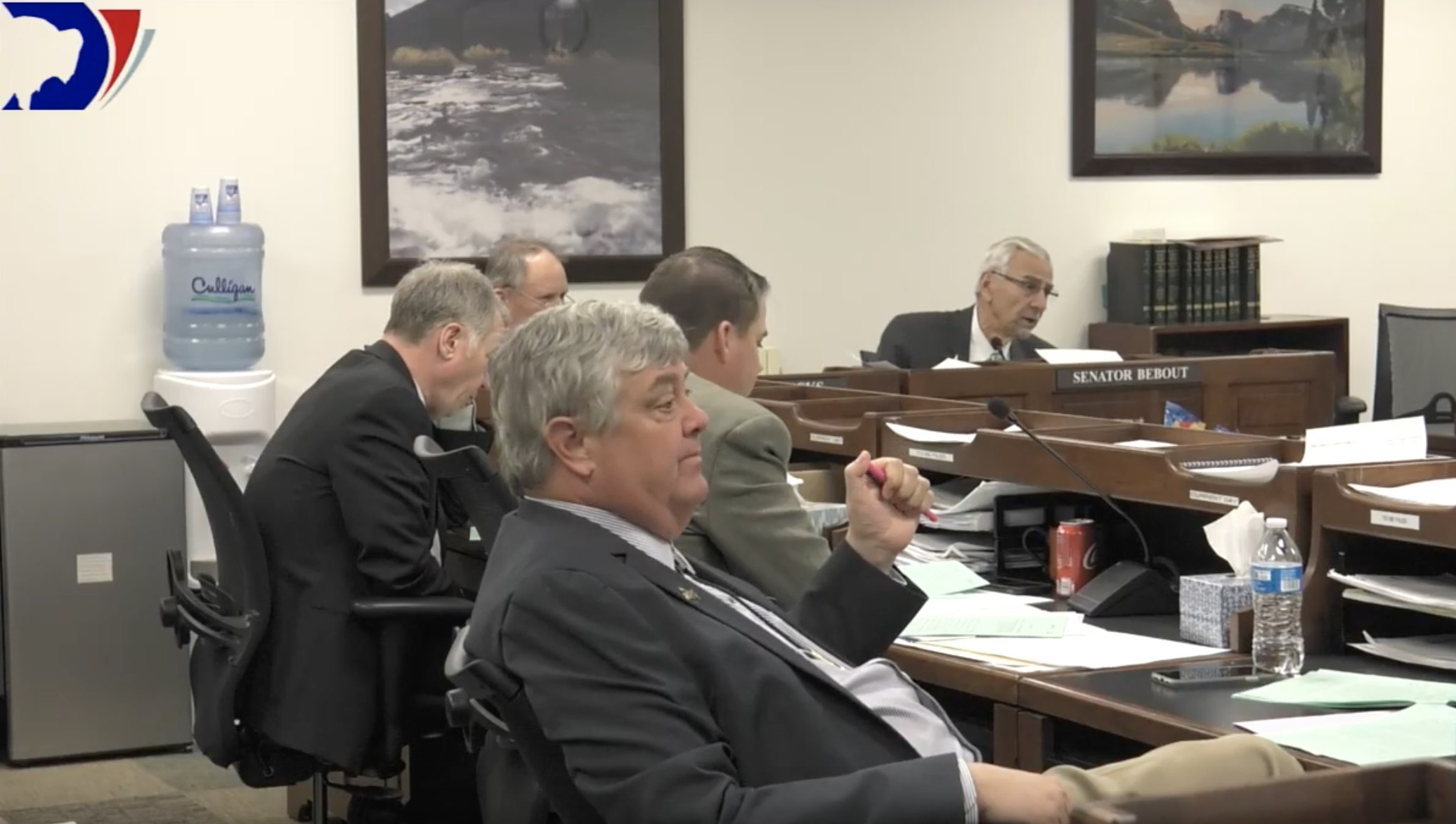Wyoming’s short-term revenue and budget problems are not as concerning as the state’s long-term deficit, according to two members of the Legislature’s Joint Appropriations Committee.
Sen. Eli Bebout, R-Riverton, the committee’s chairman, and Sen. Mike Gierau, D-Jackson, said the Legislature needs to address the fact that for several years, state spending has exceeded income, with the difference being made up through a combination of spending cuts and the use of money from various savings accounts.
Gierau said the state has already made significant reductions in spending to address what is called the “structural deficits.”
“A lot of folks need to realize that … we have less employees in state government than we had eight years ago,” he said. “Government is smaller. Programs are smaller.”
While the state could use about $1.6 billion from its reserve accounts to resolve the issue on a short-term basis, the action would deplete those accounts and the outlook to replace that money is not good.
“Over the next five years, with declining revenues, those ‘rainy day’ funds are anticipated to start to shrink if we keep spending at the same levels,” Gierau said. “And we won’t have money, given our current revenue picture … to replace them.”
The decline in mineral revenue has had a significant impact on the state’s revenues and the Legislature will have to look seriously at some action to deal with issue on a long-term basis, Bebout said.
“The challenge is to not just kick the can down the road,” he said. “I think we need to start making progress on our future to deal with our structural deficit.”
Specifically, the state needs to make plans for the day when mineral revenues no longer contribute a large amount to the state’s income, Bebout said.
“The revenue stream and the way we generate revenue is changing,” he said. “Minerals will not be able to carry the load like they have in the past. We need to be prepared for that and start moving in that direction.”
Several legislative committees are looking at ways to boost the state’s income, including the creation of a statewide lodging tax, an increase in gas taxes, a possible increase in property taxes and a corporate income tax.
Over half of the anticipated deficit spending — $250 million — can be traced to education funding and a legislative committee recently approved a $19 million increase in education spending to account for inflation. Legislators argued the increase must be approved to comply with Wyoming Supreme Court orders regarding school financing.
Bebout said he disagreed with such mandates being handed down by the court and said education spending should be determined by elected officials.
“Quite frankly, I’m tired of the courts dictating how we spend money on education,” he said. “I think it should be up to elected officials, i.e., the Legislature to make those decisions. If you don’t like what we do, you vote us out, rather than have the court tell us what to do.”





